05 Jul How Much Should You Invest in Business Employee Hardware?
Investing in new employee hardware for your business?
Wise investment can lead to a wide range of business benefits – from increased efficiency to better customer relationships. But the range of choice can be confusing, with various PC specs, memories, CPUs, and hard drive types on offer, as well as decisions about laptops or towers, Macs or Windows machines.
And it’s hard not to be tempted by deals in local PC stores. But are cheaper machines the best choice for your business?
How can you keep costs down while reaping maximum rewards?
How Spending Money on Hardware Can Save Money for Your Business
The most important thing to remember when purchasing employee hardware, is wise investment can benefit your business, for example by:
- Reducing costs by enabling you to automate routine tasks
- Improving customer service and client communication systems, allowing you to develop better relationships
- Increasing staff efficiency, productivity, and morale
- Minimising employee downtimewhen systems fail or need maintaining
- Increasing your ability to reach new customers – e.g. by optimising online sales capacity
How Much Should You Spend on Hardware?
All businesses work hard to keep costs down, but buying cheap hardware is a false economy. Research shows that the direct cost of purchasing computer hardware is only 20% of the total cost. The other 80% of investment happens when the equipment arrives at the office and includes maintenance costs, downtime, and staff time sorting out problems. How much time have you spent this year waiting for your computer to load a document, or sorting out an issue when it’s gone wrong?
Invest too little in hardware and you may regret it later for several reasons:
- Cheaper hardware tends to become out-of-date more quickly as components such as the memory, CPU, and motherboard are often an older spec to start with
- Lower starting specs can also mean the machine quickly becomes redundant as they aren’t worth upgrading
- You may run into problems with software updates, for example, if you start with a hard drive that is too small and quickly runs out of space
- Software often can’t run on lower spec machines – which can include the operating systems supplied with the PC when you purchase it
- Many companies make the mistake of choosing Windows Home as it’s much more economical than Windows Pro but run into issues when trying to use this for business purposes. For example, these machines can’t be added to a company’s domain.
How to Make the Most of Your Hardware Budget
To reap the business benefits of new hardware you need to invest wisely.
Step 1. List the investments you would like to make – including costs from a reputable source. Ensure you’re not purchasing old stock with lower specs that will quickly become redundant.
Step 2. Consider the benefits these investments would make to your business.
Step 3. Prioritise your shopping list using a cost/benefit analysis.
Step 4: Make sure new hardware is compatible with existing systems.
Target Your Investment and Reap the Business Rewards
Hardware can be a significant investment for your business. Spend your money wisely by getting expert help.
At Transpeed we can help you by talking through the employee hardware options for your business to find solutions that best meet your business needs and your budget. You can be assured, that all hardware we supply is the most up-to-date solution available, and we can talk through the pros and cons of different systems. We can also help you prioritise your purchasing and create an ongoing IT strategy.


Sorry, the comment form is closed at this time.